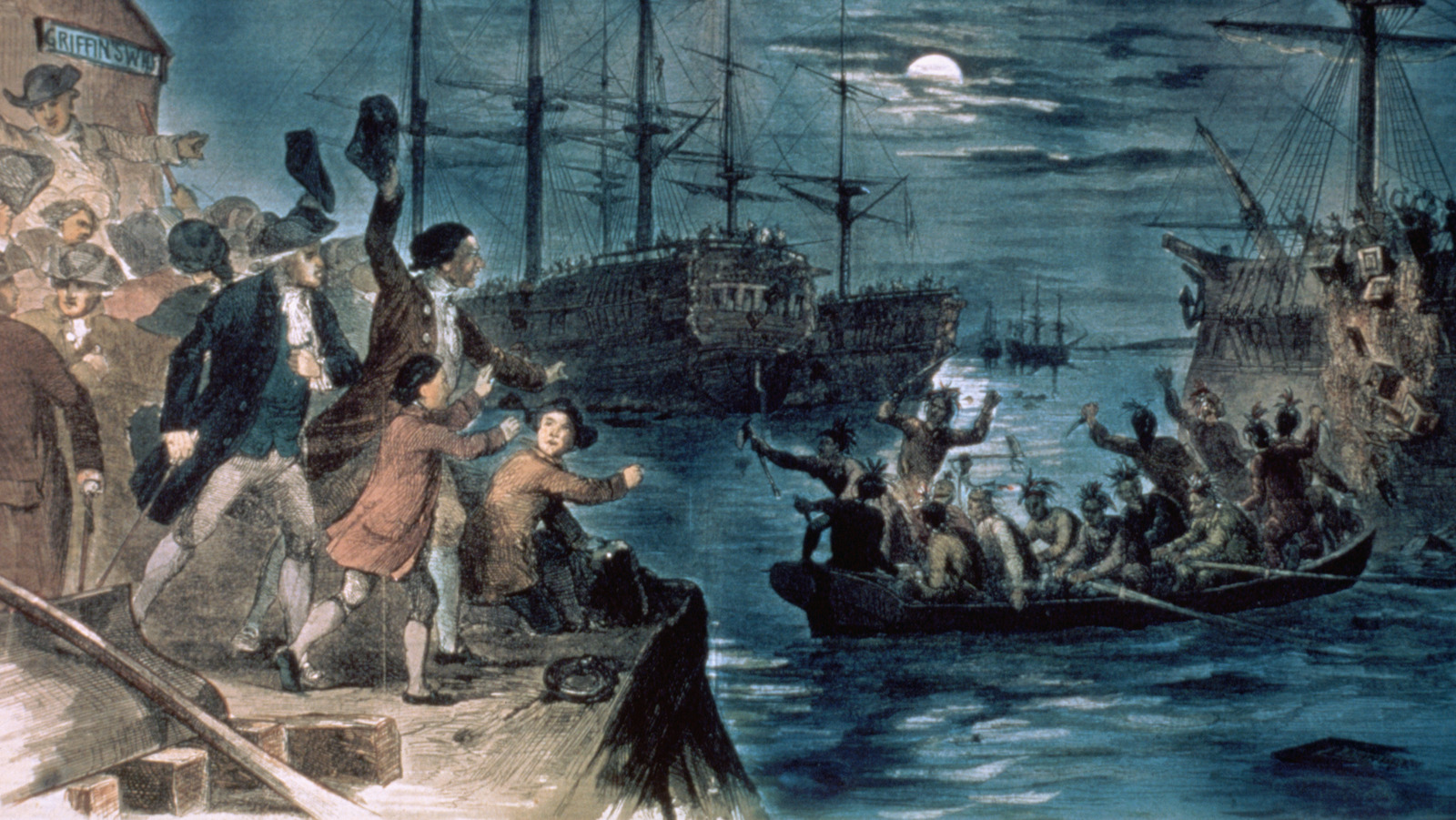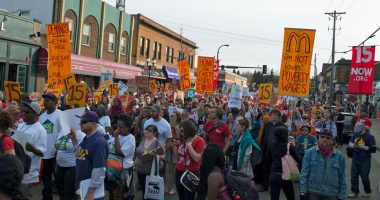
George Washington’s letter, addressed to George William Fairfax, was not a blanket condemnation of the Boston Tea Party. Written a year after the fact, he addressed the harsh measures imposed by Britain in response to the riot and declared that “the cause of Boston … now is and ever will be considered as the cause of America,” at least when it came to the response to such measures. He did, however, make his feelings on the specific act behind the Tea Party clear in a parenthetical aside: “not that we approve [the Bostonians’] conduct in destroying the tea.”
If unambiguous, Washington’s sentiments represent a mild rebuke. More critical was Benjamin Franklin of Philadelphia. Per the Boston Tea Party Ships & Museum, Franklin was considered a moderate until well into the conflict between Britain and its colonies, and even in 1773, he sought a nonviolent resolution. Writing from London, where he was acting as a representative of Pennsylvania (per Mount Vernon), Franklin told Samuel Adams and John Hancock that the East India Company, whose tea was destroyed, was not the colonists’ enemy and that reparations should be paid for the damaged tea.
Read Related Also: Kylie Jenner’s new TikTok gets shockingly low number of likes with critics dubbing it ‘flop era’ – but fans spot pattern
Even in his criticisms, Franklin meant to support his homeland. And after a humiliating appearance before the British privy council in the wake of the Tea Party (per The Benjamin Franklin Tercentenary), his moderation fell away. He returned to America and became a leading figure in the move toward independence.







